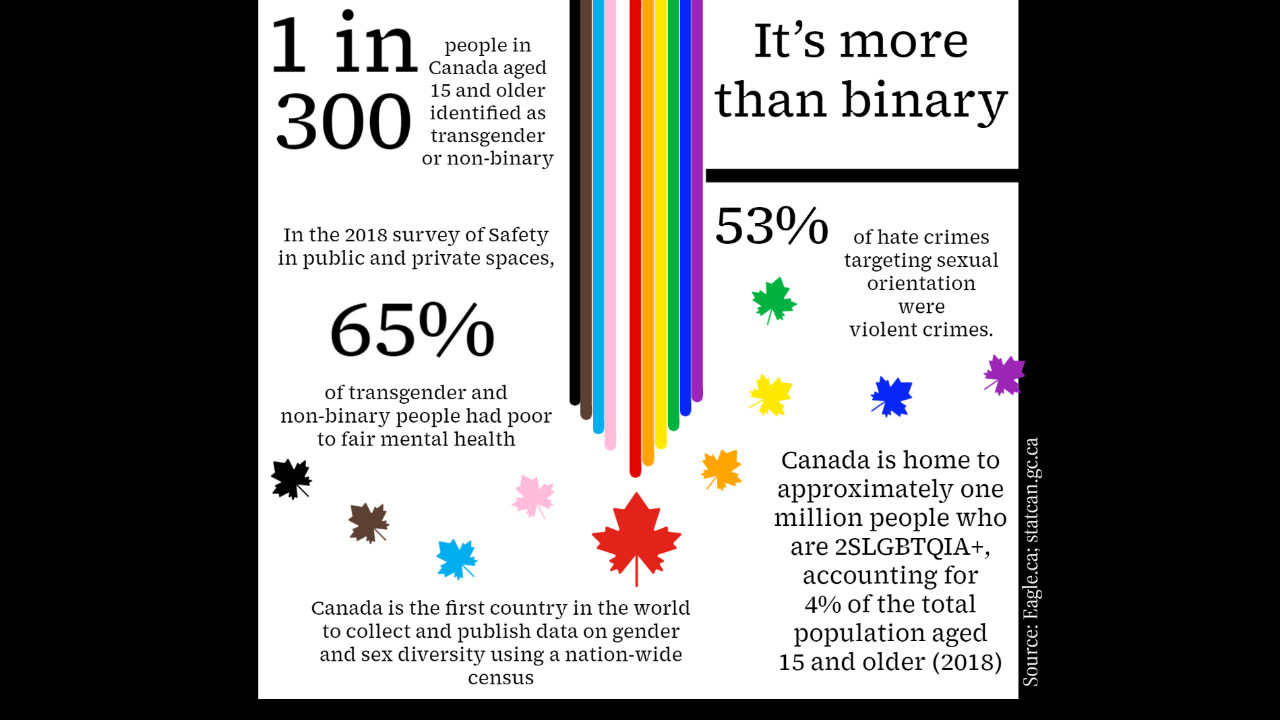Sustainability Today: Embrace and radiate the rainbow-energy
 CREDIT: FANSHAWE SUSTAINABILITY
CREDIT: FANSHAWE SUSTAINABILITYIt is the 21st century, yet the UN states there are 77 countries that still have laws criminalizing "private, consensual same sex relationships," with punishment ranging from fines and imprisonment to death sentence.
Below are excerpts from an interview with a queer person, who wished to remain anonymous:
Q. How do you feel about being a queer person?
A. I feel that I am not bound to any societal expectations of me being me.
Q. Have you faced any form of discrimination?
A. I haven’t, but people’s views on gender and sexuality have put me in tough spots that made me feel that I wasn’t worth enough.
Q. Would it be easier if you were not queer?
A. My battles and choices would have been different but being queer comes with additional battles of accepting oneself and constantly educating people about gender and sexuality.
These additional battles don’t come easy. And the damage can be devastating from being outcast by society to facing state-sanctioned murder. It is the 21st century, yet the UN states there are 77 countries that still have laws criminalizing “private, consensual same-sex relationships,” with punishment ranging from fines and imprisonment to a death sentence.
This outlawing and punishing of individuals create a society that harbours a discriminatory mindset. This can manifest in the form of bullying, sexual violence including “corrective rape,” and denial of services such as healthcare and education. According to The Trevor Project, an American nonprofit, over “1.8 million LGBTQ youth (13-24 years old) seriously consider suicide each year in the US — and at least one attempts suicide every 45 seconds.” The figures across the world, especially in countries where anything queer is unacceptable, would be higher.
A sustainable world is one where equity, equality and dignity are the norm, everywhere. There are many Sustainable Development Goals that aim to make a better world for LGBTQ2S+ individuals such as Goal 3 (Good Health and Well-Being) Target 3.7 (ensure universal access to sexual and reproductive health-care services) and Goal 10 (Reduced Inequalities) Target 10.2 (empower and promote the social, economic, and political inclusion of all).
While these goals are aimed to make a better life for all, what can an individual do? The answer is simple: understand that the spectrum of gender and sexual diversity is wide, and small acts such as respecting pronouns, being an ally, learning and educating yourself on the issues confronting the community and standing up for it, will lead to dismantling years of prejudice. These acts can have a magnitude effect in changing society for the better. When we all stand together and raise our voices about injustice, law makers will listen. Remember the words of Gandhi: “…If we could change ourselves, the tendencies in the world would also change. As a man changes his own nature, so does the attitude of the world change towards him.”
Days to look forward to:
Contributed by Fanshawe Sustainability














